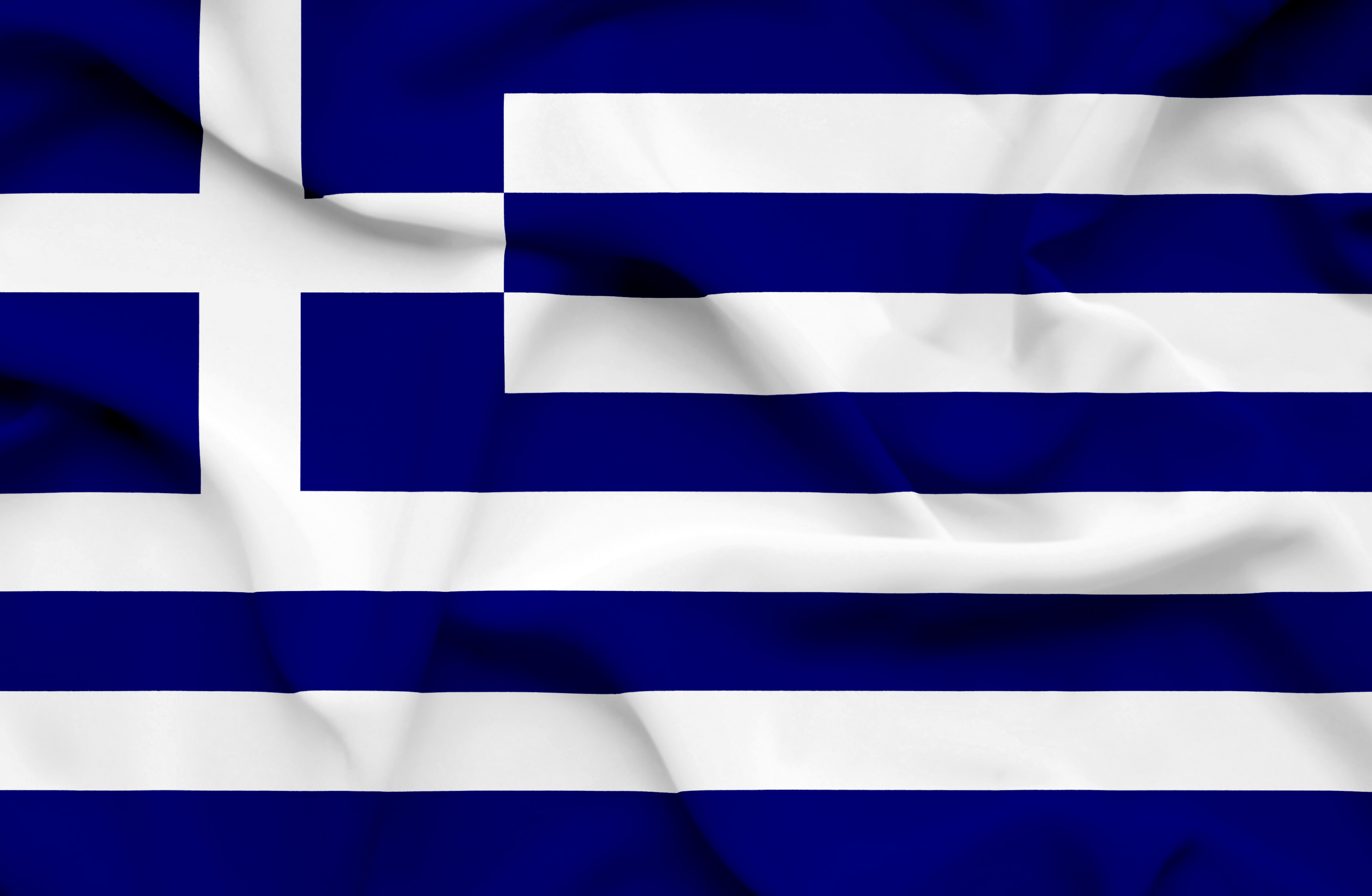The Euro (EUR) went back onto the retreat on Thursday as fears over the health of the global economy and the Eurozone’s slide towards a triple-dip recession continued to spook the markets. Adding to those worries was political uncertainty in Greece, which threatens a return of the crisis seen in 2012.
Most folk would be forgiven for thinking that the problems in Greece had been put behind it. For a year, it seemed as though the Mediterranean nation finally had itself onto firmer footing and that the threat its economic woes posed to the wider Eurozone had eased, now however Greece is back in the headlines for all the wrong reasons.
Greece’s political system is the cause of the latest unease after polls showed that support for the nation’s government had lost more support than expected. In response, the government has promised the people concessions, such as freeing itself from its creditors in the Troika (the EU, IMF and ECB) and take the country back onto the global financial markets. Those creditors however feel that such a move is too soon and that the advice they offered has not yet been implemented.
Greek Prime Minister Antonis Samaras said that he is comfortable with pushing ahead with ending the bailout programme by the end of the year. In a bid to ease concerns, he added that the government was prepared to negotiate a role for the Troika in overseeing the Greek government beyond 2014.
Adding to concerns over Greece are the country’s opposition parties who are seizing on the governments deep unpopularity by demanding the holding of early parliamentary elections. The left-wing SYRIZA party has grown in strength and support has swelled as Greeks continue to suffer under crippling austerity and high unemployment. Economists are concerned that if an election were called then the party would win something that lead to confrontations between the Troika and Greece.
Because of the concerns, the Greek stock market tumbled below the psychologically key level of 1,000 points and interest rates on government bonds increase to levels not seen since the height of the Grexit crisis of 2012.
The Euro fell against the Pound, US Dollar and other major peers after data showed that Consumer Price Inflation in the Eurozone fell to just 0.3%. The report did little to ease fears over deflation taking root in the currency bloc.
Euro Exchange Rate News:
[table width=”100%” colwidth=”50|50|50|50|50″ colalign=”left|left|left|left|left”]
Currency, ,Currency,Rate ,
Euro, ,US Dollar,1.2740 ,
,US Dollar,1.2740 ,
Euro, ,British Pound,0.7980 ,
,British Pound,0.7980 ,
Euro, ,Australian Dollar,1.4626 ,
,Australian Dollar,1.4626 ,
Euro, ,Canadian Dollar,1.4441 ,
,Canadian Dollar,1.4441 ,
[/table]



